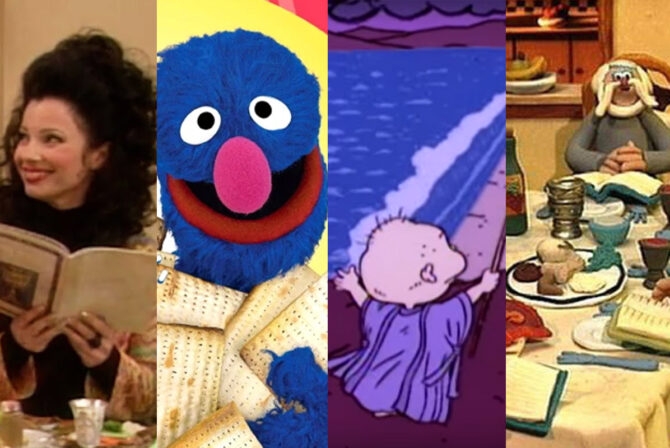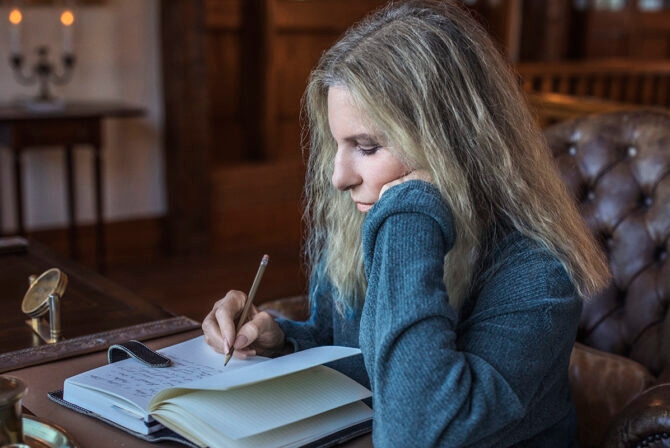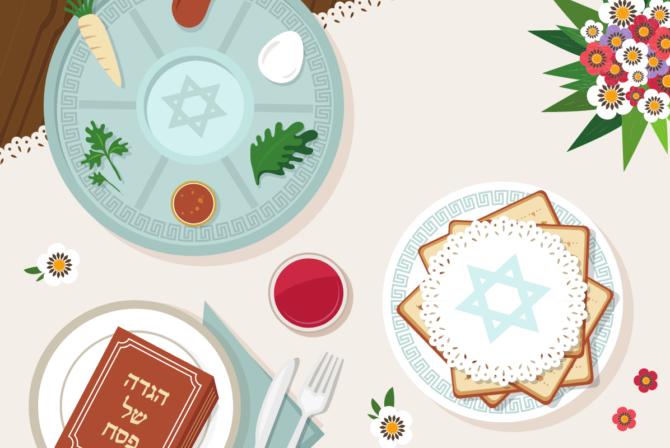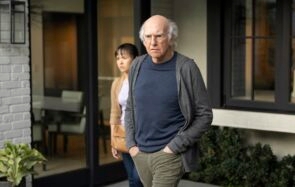Do you ever read something online and get really mad, almost to the point of fury? That’s how I felt when I read a piece posted on Facebook by friends from the National Review Online which alleged that the Newtown massacre was so terrible because there were no men around to stop it.
No, really.
“There was not a single adult male on the school premises when the shooting occurred,” writer Charlotte Allen points out as part of her attempt to provide some “Newtown answers.” “All the personnel–the teachers, the principal, the assistant principal, the school psychologist, the “reading specialist”–were female. There didn’t even seem to be a male janitor to heave his bucket at Adam Lanza’s knees. Women and small children are sitting ducks for mass-murderers. The principal, Dawn Hochsprung, seemed to have performed bravely. According to reports, she activated the school’s public-address system and also lunged at Lanza, before he shot her to death. Some of the teachers managed to save all or some of their charges by rushing them into closets or bathrooms. But in general, a feminized setting is a setting in which helpless passivity is the norm.”
Wow. In one paragraph alone, Allen briskly covers insulting the dead, insulting all women, and insulting the brave teachers of Newtown, MOST of whom risked their own lives to save their kids. I was pretty much floored by all of that, but I’d like to focus on the idea that “a feminized setting is a setting in which helpless passivity is the norm.”
That couldn’t be more wrong.
It is clear that anyone who utters the statement “a feminized setting is a setting in which helpless passivity is the norm” is someone who has never been in my house, but that’s neither here nor there. It’s also someone who has strange definitions of “feminized,” “helpless” and “passivity,” because women can actually be the most powerful force in the world.
Mothers, teachers, women–these people are fierce and strong, every damn day, and that’s true whether or not there is someone firing bullets at their charges.
Those women teachers at Newtown spent their days and nights building castles in young people’s minds. They taught kids through example how to be patient, how to be kind, how to spell, and how to read. They gave those kids building blocks , enabling them to build their own futures and universes.
Is the strong person the one who brutally knocks those lives and building blocks down, or the person who works tirelessly to give people the strength to build their lives up? The latter is the opposite of passive.
Over the course of my life, I never cease to be amazed by the endless reservoirs of strength and compassion of women. It’s not that men don’t have this power–it’s that women, for a variety of reasons both good and bad, are more often in the position to realize it. By the way, you will notice that it is extremely, extremely rare that a shooter is a woman. That is not because women are “helplessly passive.” That, I believe, is because women–mothers or not–create universes, rather than destroy them.
A story I wrote will illustrate my point far better than I can in my current state:
The girl will never forget a conversation she had with her mother at synagogue on Rosh Hashanah when she was 10 years old.
She had leaned over to her mother in the middle of the Torah reading and asked, in a whisper, why the women in all the Torah stories were so boring: “Why do the men do everything and the women usually do nothing?”
Her mother had taken her seriously. She told her, “Listen to me. All these men–Abraham, Moses, Isaac, Jacob–they all fight, they all talk. And you’re right: it looks like they are the main characters of the story. But if it weren’t for Sarah, Rebecca, Rachel and Leah–if it weren’t for the girls–they wouldn’t even exist!”
“You mean they wouldn’t have been born,” the girl said, feeling very smart.
“Yes, that’s true, but really that’s only a small part of it,” her mother responded. “You’re right, they wouldn’t have been born, because women have babies and men don’t.
“But all those people–Abraham, Moses, Jacob–just wouldn’t be the people who they are if it weren’t for the women. Do you know why?”
“No,” the girl replied, somewhat embarrassed for not having been able to figure it out.
“Because of this: it is women, not men, who teach children how they should act, and who they should and can become,” her mother said, closing her book around her finger. She leaned even closer to the girl for more whispering.
The girl felt very lucky to have her mother’s undivided attention. She touched her mother’s long pearl necklace with her pointer finger, watching it swing back and forth over her lap.
“Men sometimes think that they are more important than women, just because they are men. Your father doesn’t, but there are a lot of men who do,” her mother said.
“But you always have to remember that it really doesn’t matter what they think, because of the truth that I’m telling you now: women not only make people, but they are the ones who make people who and what they are. And that is the most important thing in the world.
“Can you remember that?” her mother asked, taking the girl’s hand and squeezing it for a second.
“Yes, Mommy,” the girl said, squeezing back. “I will.”







